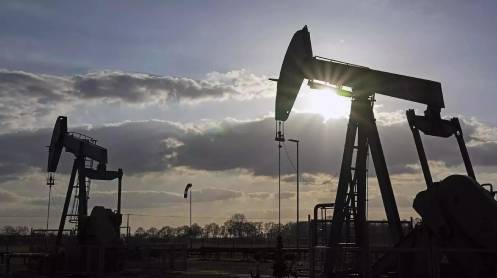NEW DELHI: Oil India Ltd, a state-run exploration company, is set to significantly expand its refinery operations in Assam, aiming to increase capacity to 180,000 barrels per day (bpd) by the fiscal year ending March 2027, according to Chairman Ranjit Rath. The expansion is part of the company’s broader strategy to enhance refining capabilities and explore new energy projects.
Numaligarh Refinery Ltd (NRL), a subsidiary of Oil India, is currently upgrading its plant from the existing 60,000 bpd capacity. Additionally, a crude oil pipeline is being constructed to connect the refinery with Paradip Port in Odisha, ensuring a smooth supply of raw materials. Both the refinery expansion and the pipeline are on track for completion by December 2025, Rath announced during a press conference.
To meet the demands of the expanded refinery, Oil India plans to import approximately 110,000 bpd of crude oil. Beyond refining, the company is committed to clean energy initiatives, planning an investment of 250 billion rupees ($3 billion) by 2030 across various projects, including renewable energy ventures.
NRL is also building a 50,000 tonnes-per-year biorefinery in Assam, which will use bamboo as a feedstock to produce ethanol. Ethanol production from this facility is expected to commence by the end of September, marking another milestone in the company’s clean energy transition.
In addition to serving the northeastern region of India, NRL supplies diesel to Bangladesh through a pipeline with a capacity of 1 million tonnes per year. Despite ongoing political unrest in Bangladesh, Rath confirmed that diesel supplies remain unaffected, with the necessary letters of credit in place to ensure continued exports.
Oil India also holds stakes in two upstream projects in Russia—Vankorneft and Tass-Yuryakh. While the company is owed $250 million in dividends from these ventures, the funds are currently held in an Indian bank’s Moscow branch, awaiting repatriation. Other Indian firms involved in the projects are similarly awaiting a total of $600 million in dividends, Rath noted.




